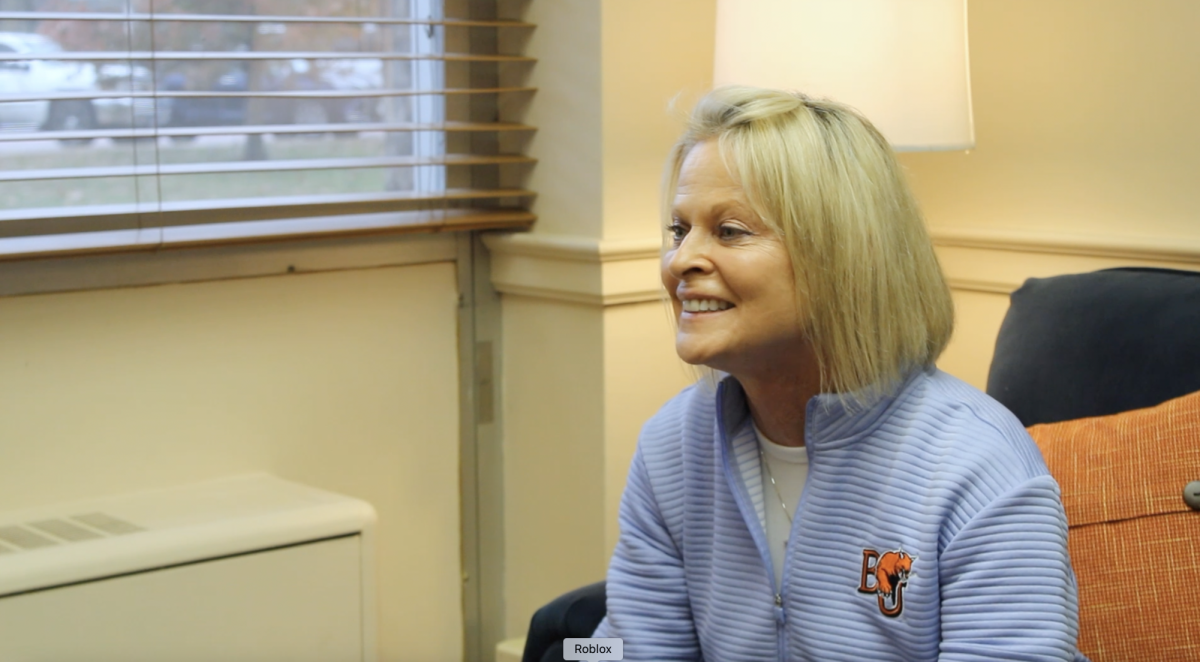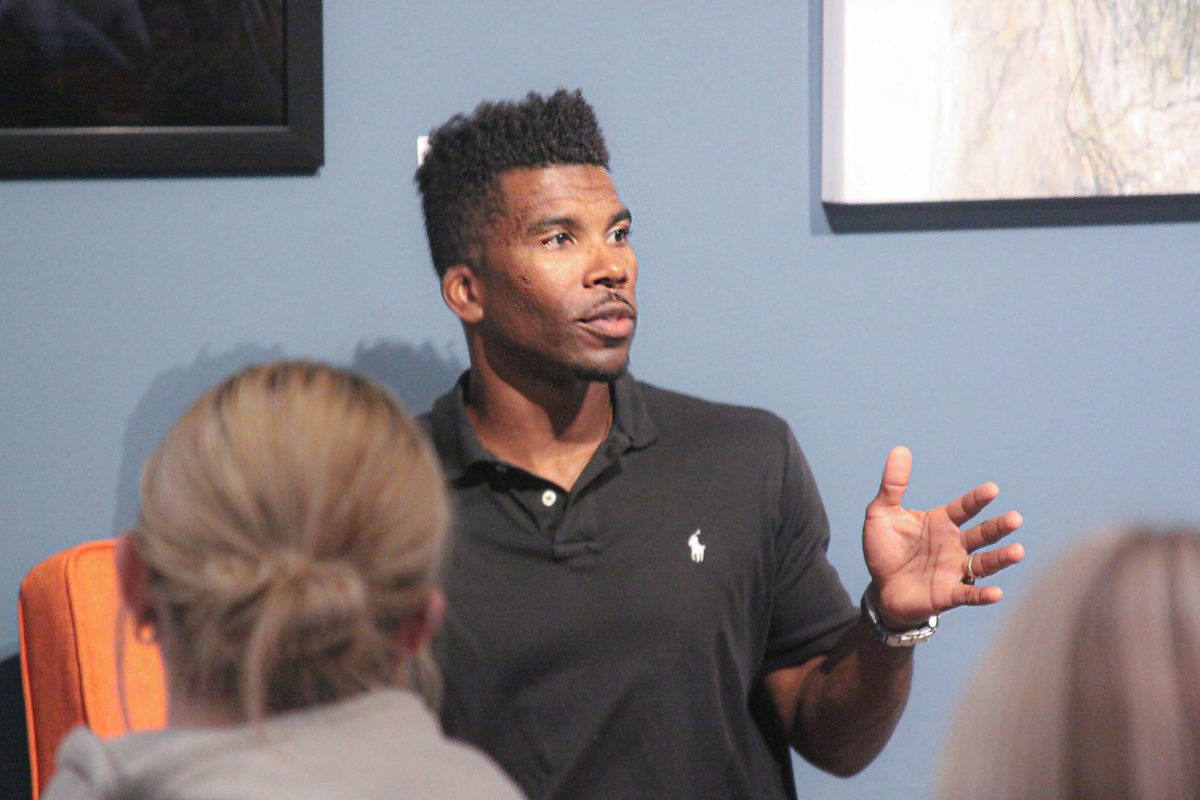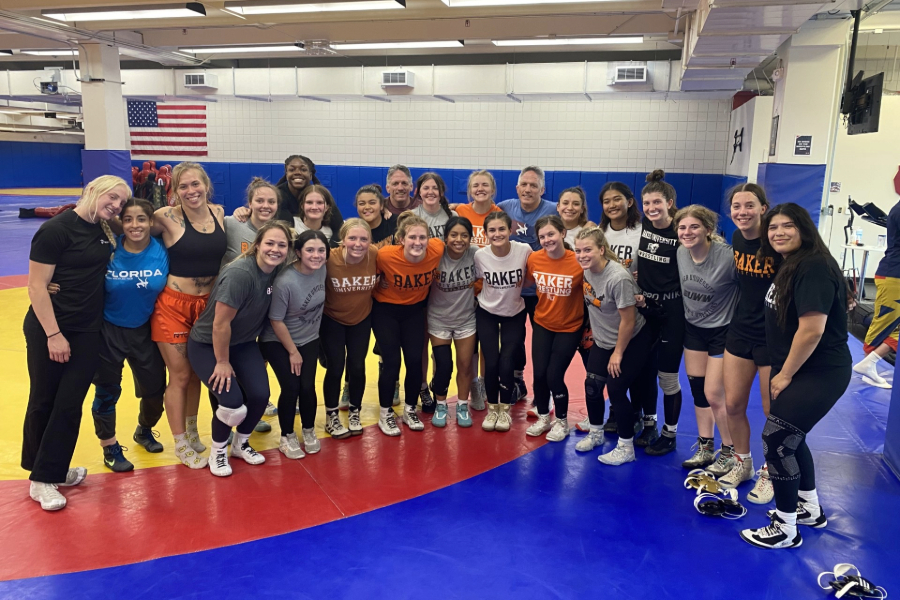The spring and Winterterm enrollment process began mid-October with advising meetings. Many academic advisors sent out information to their advisees leading up to the advising period, which is Monday, Oct. 16 to Friday, Oct. 27, followed by the actual enrollment period which begins Oct. 30.
The advising process starts by checking the Timetables for the upcoming semester to get an idea of what is available and what you would like to take. Next, you will need to set up a one-on-one meeting with your advisor to release the hold on your account. This meeting helps both you and your advisor to have a better understanding of where you are and what you need to take to graduate in your timeframe. After meeting with your advisor, the hold will be lifted, and you can successfully enroll for the next semester. A step-by-step guide is available on the Baker University website.
Students can enroll through the MyBaker portal beginning at 8 a.m. on Oct. 30 based on the cumulative hours earned, not counting the current semester’s credits. Seniors, or those with 90 credits or more, can enroll on Oct. 30. Juniors, or those with 60-89, can enroll on Nov. 1. Sophomores, or those with 30-59, can enroll on Nov. 6. Freshman, or those with 0-29, can enroll Nov. 8.
Director of Student Academic Success, Anna McCullough, advised students to create and maintain a collaborative relationship with their advisor by showing up prepared with questions and potential courses they would like to take.
“These meetings are super valuable for students to take responsibility for their education,” McCullough said. “There may be something you are overlooking that is on your advisor’s radar.”
One thing McCullough stressed is the importance of Baker Core. No matter what year you are, whether you have been here for a while or you’re newer to campus, the Baker Core should be a major topic with your advisor. Freshman have an opportunity to change their core theme later, if desired, any course marked “Core Concentration” will apply to whatever theme they pick. transfers do not have that wiggle room.
“Transfer students do not have the grace period that freshman do when it comes to core,” McCullough said. “Pick your core them, pick it now.”
Associate Professor of International Studies, and academic advisor, Ryan Gibb explains that meeting with your advisor is so important because you get to know an expert in the field you are studying. “They can help guide you through your time at Baker by knowing what classes you need to graduate and when they are offered,” he said.
Gibb’s advice for meeting with your advisor is to understand what courses are needed, be prepared with a list of potential classes, be ready to declare your major, minor, and core theme, and follow your advisor’s advice to stay on track. “They can help to make sure you check all the boxes,” Gibb said.














